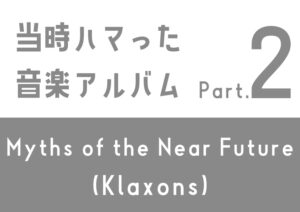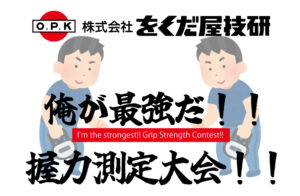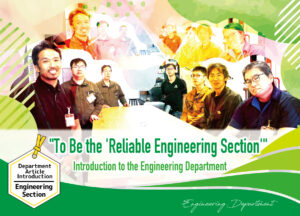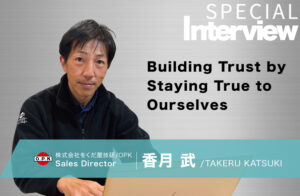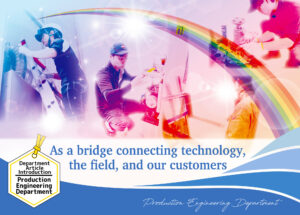The Whereabouts of “Motivation”

In recent years, with the rise of work style reforms and the spread of remote work, more and more people have been rethinking how they work and what work means to them.
As people place greater value on being true to themselves, there is a growing demand for work that provides a sense of purpose and fulfillment.
But when exactly do we feel a sense of purpose in our work?
According to the Self-Determination Theory proposed by psychologists Edward Deci and Richard Ryan, people experience a sense of purpose and happiness when three basic psychological needs—autonomy, competence, and relatedness—are fulfilled.
This concept may also resonate with those working in the logistics and manufacturing industries.
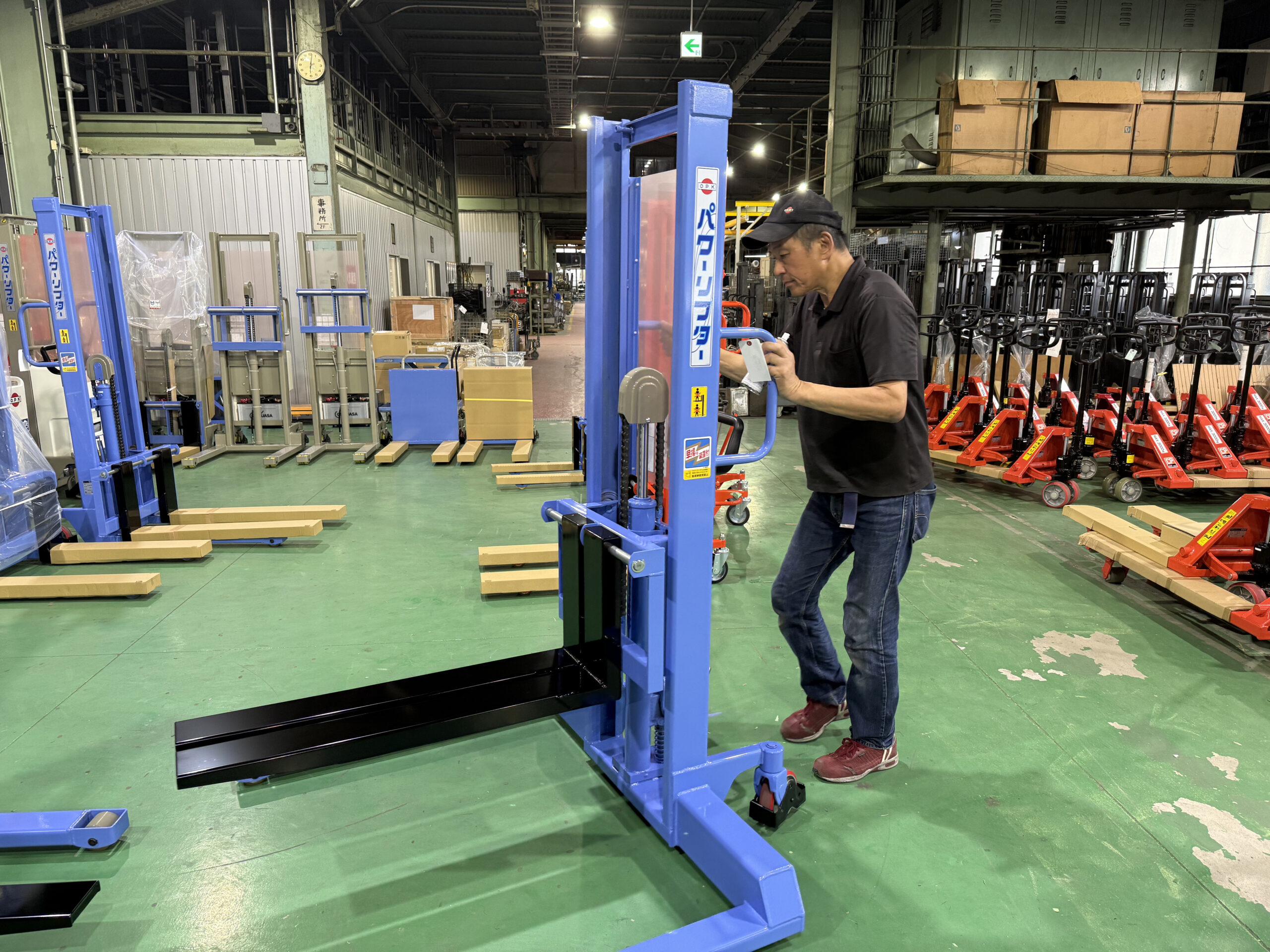
Our products support the realm of “manual work” — areas where human involvement remains essential, even in today’s rapidly advancing world of mechanization and automation.
It is true that automation and unmanned operations have significantly improved efficiency and productivity.
However, isn’t there a difference in the sense of fulfillment and achievement workers feel between “operating machines to move objects” and “physically moving objects using their own bodies”?
In our view, manual work offers a unique sense of satisfaction—rooted in autonomy, competence, and relatedness—that machine operation alone cannot provide.
In corporate operations, the pursuit of efficiency is undoubtedly crucial—from the perspectives of cost control, such as energy resources and labor costs, to improving quality and ensuring safety.
But what about the sense of purpose and fulfillment for the workers themselves?
Compared to operating automated systems, performing tasks through one’s own observation, touch, and physical effort can bring a stronger sense of “contributing to the workplace” and “being of service to others.”
Couldn’t this, then, lead to a deeper sense of purpose derived from the results of one’s work? one’s work?
The fulfillment, sense of accomplishment, and feeling of contribution that arise from such work can ultimately bring happiness to those who labor.
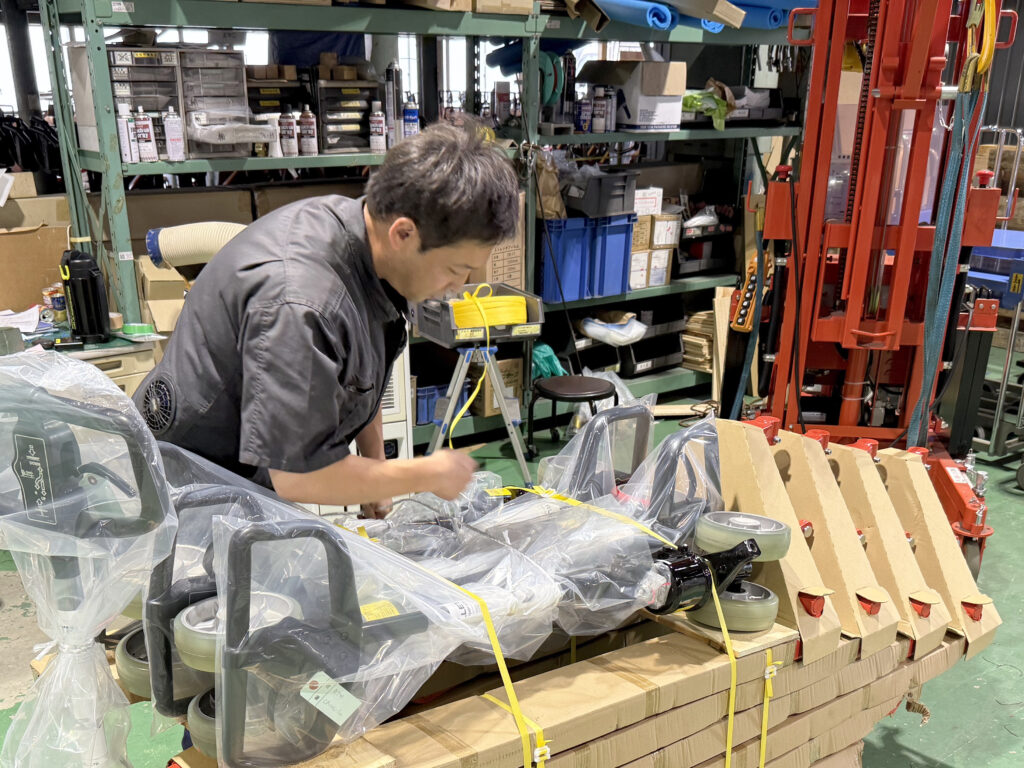
If the results of daily work were judged solely by numbers, then merely meeting quantitative requirements might be sufficient.
However, when we evaluate work, we find value not only in the requirements fulfilled—such as quality and functionality—but also in the background and story, for example, “crafted with care by artisans, one by one.”
This is because we are capable of emotionally appreciating the thought and warmth that creators put into their products.
We believe that this same “human touch” holds value in logistics work as well.
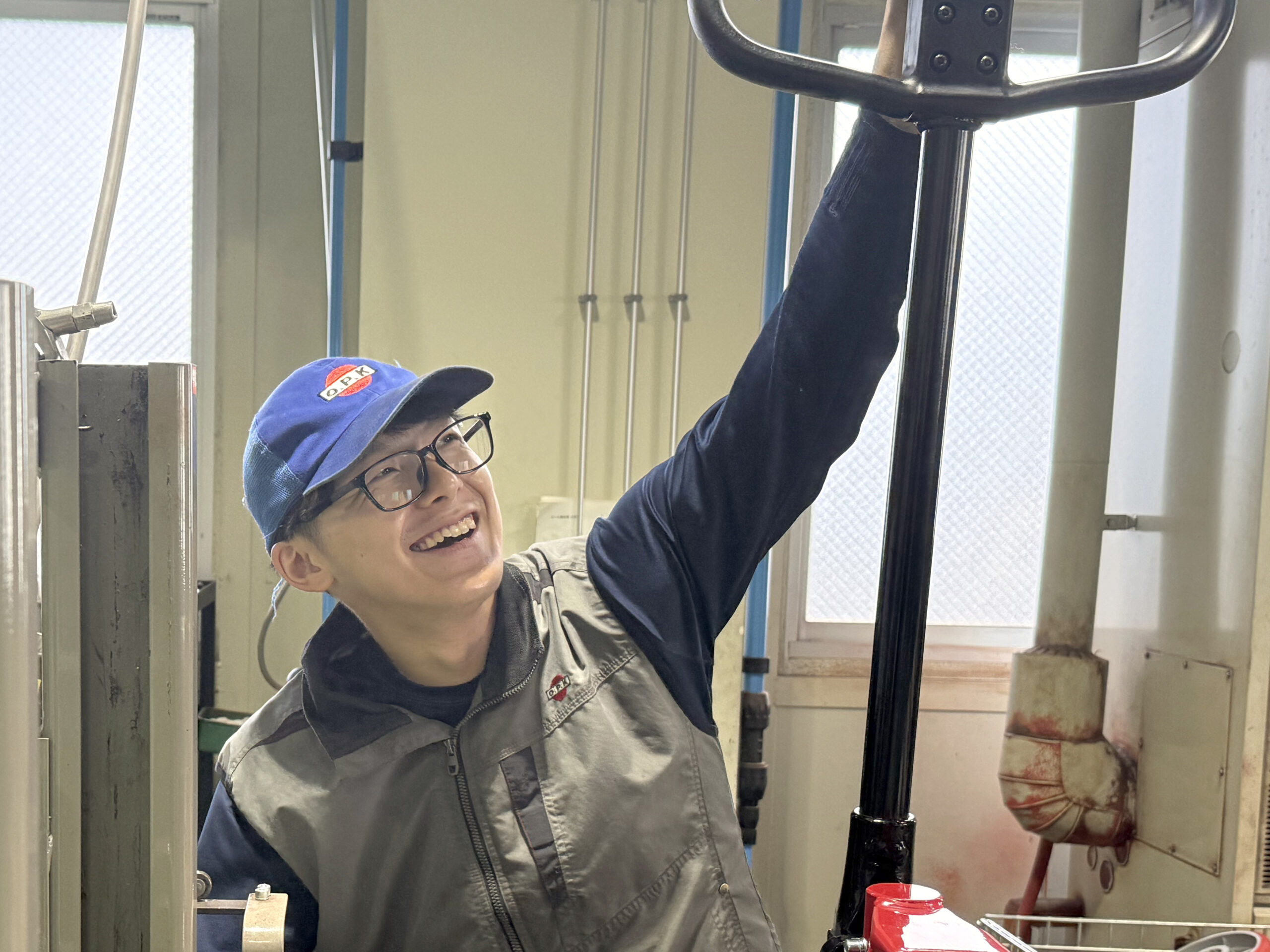
The task of “carrying things” is often regarded as a target for mechanization and automation.
However, when that task is approached with a sense of mission and intention—performed with an awareness of “contributing to the next process with one’s own hands”—it generates added value (utility) such as a sense of accomplishment, fulfillment, gratitude, and trust—things that machines alone cannot create.
While the pursuit of efficiency is important, maintaining a work environment where those involved can feel a sense of purpose is equally crucial.
We aim to contribute to the creation of workplaces where efficiency and fulfillment coexist by offering heartfelt products that support those who carry things, enabling them to take pride in their work.
Contributed in: October 2025
Author:
Okudaya Giken Co., Ltd.
General Affairs Department
General Manager
Akira Demizu / 出水 明
(The Whereabouts of “Motivation”)



